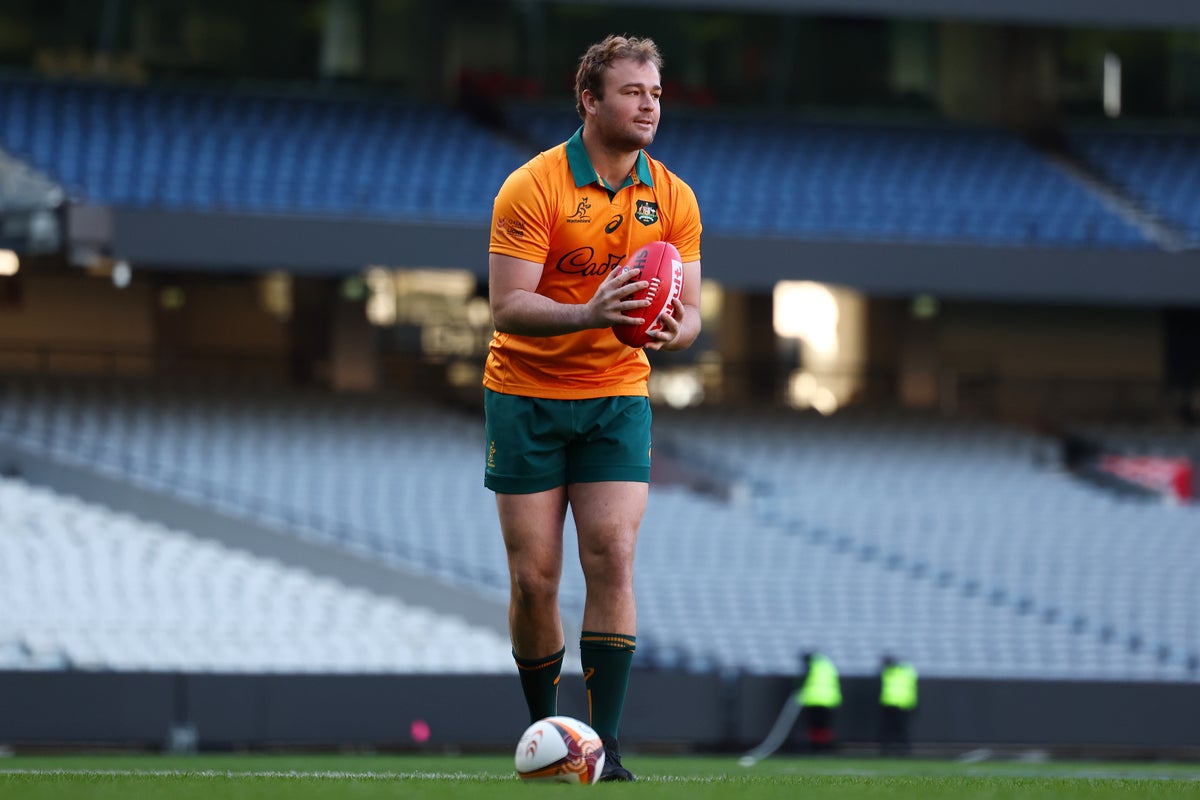The British and Irish lions train this week in a private plush school in the suburbs of Melbourne de Kew, the boys of boarding returning to their dormitories after the holidays to find a strange company on the campus. No, many will be aware of the importance of their visitors. “Most will not even know the difference between rugby and the league,” said a schoolmaster. Where many will shelter the ambitions to go to AFL, with a long list of premiere winners who have passed to inspire them, notable rugby alumni do not come instantly. “I think Stirling Mortock could have gone here,” suggests a staff member to a SIDNE SIDNE.
Welcome to Melbourne, a place where rugby is somehow in the hierarchical order of the public. It is a wonderful city, especially for sports fans, with the thicket of arenas in which the Melbourne cricket ground is the highest tree a few steps from the CBD. It is in this sports pit that the Australian Open takes place in January, while you can quickly find your way to the Hippodrome of Flemington or Albert Park if the power is more your thing.
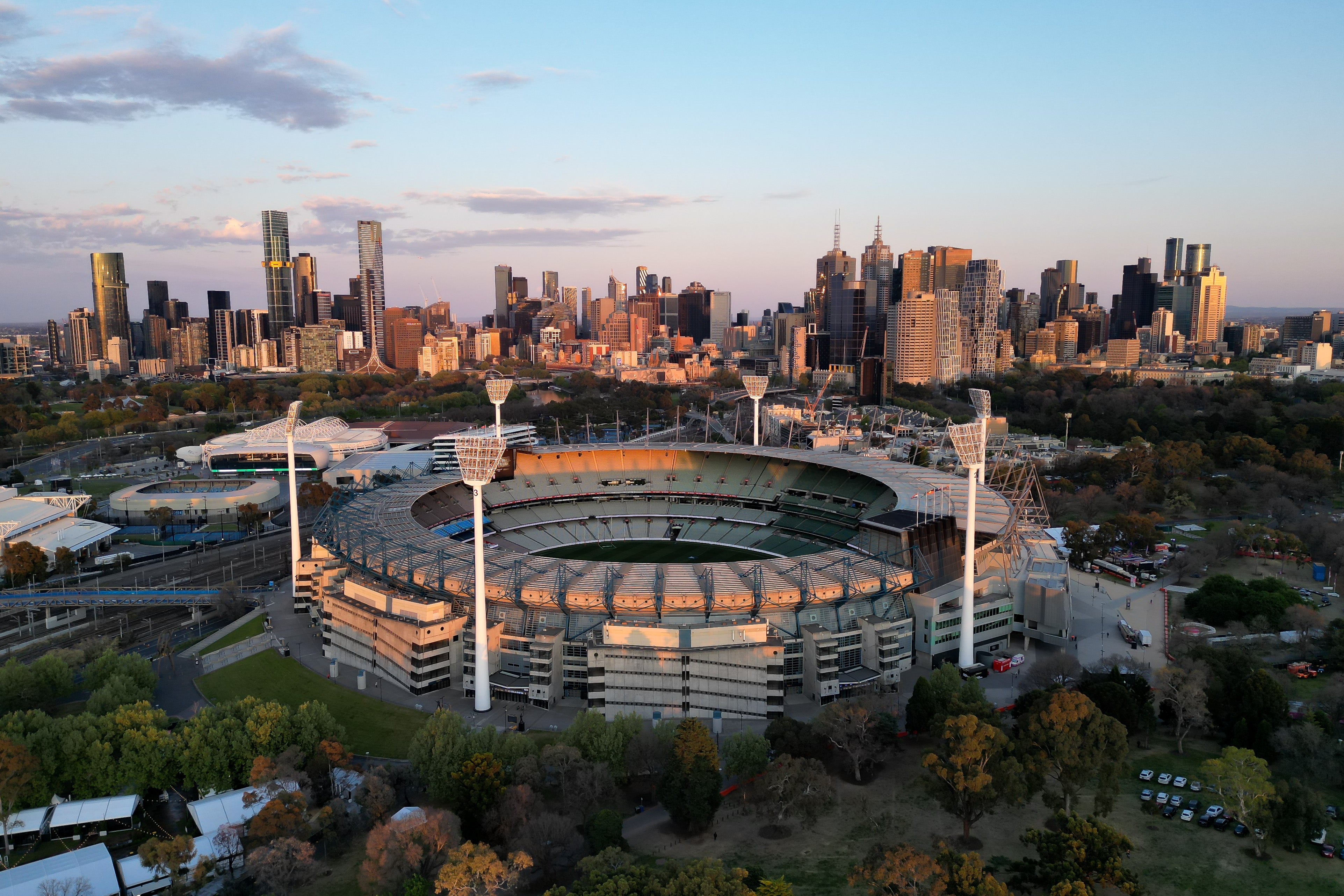
But even with the city lions, the Melburnians seem to raise their shoulders. The second test promises to be quite an opportunity with nearly 90,000 fans expected at the MCG, but there is an acceptance among the residents that many, otherwise most, they will wear red lions. A local journalist this week pressed Wallabies Rob Valetini and James Slipper on what he felt to play in front of a “unilateral” crowd on the ground at home – and did not meet a lot of opposition.
“One thing I know is that there is a lot of love for rugby in Australia,” said Slipper, playing his second Lions series. “On the potential of having a unilateral stage because it is an AFL stadium – they are still Australian, so they will be there. I know they will be there.
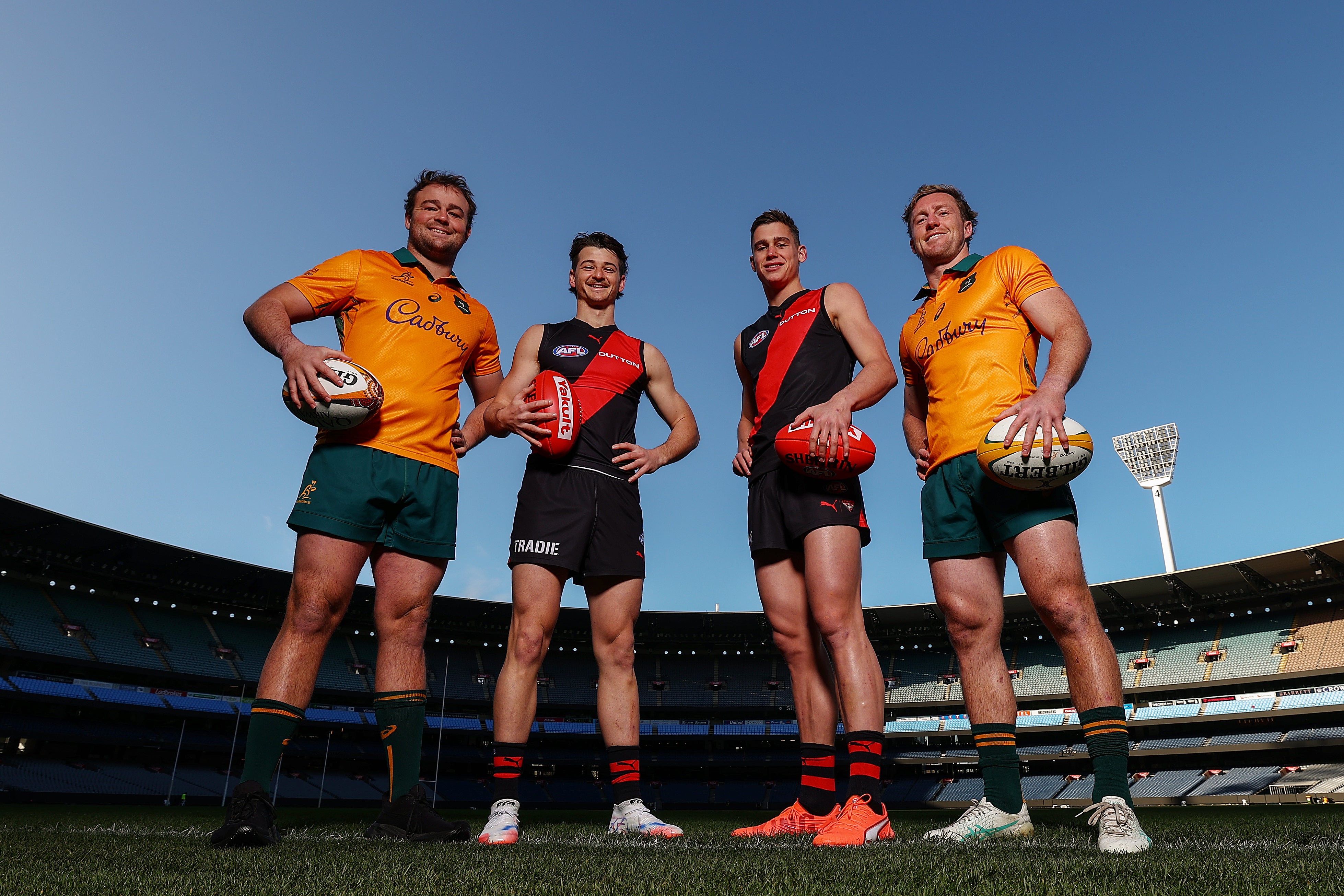
“This is one thing about this country, whatever the sport, they will take behind the national colors. The landscape in Australia is quite obscured.
“But for us, we want to be a team that not only invite, but motivates children to play rugby. This is the key for us. We want to be a team that children like to watch, fans like to look, then I hope that the game will grow from there.”
It is a shame, in some ways, that Melbourne lost his super rugby Pacific franchise, but she had arrived. The rebels had always felt a slightly special company since their entry in 2011, distributing a basin of declining talents in the thinner nation and making questionable investments. Between 2011 and 2020, they did not finish more than 9th on the scale and failed to make the play-offs once. In fact, their only direct elimination match was their last – a beat of 47-20 by the Hurricanes in the quarter -finals of last year.
Having won a surprise stay of execution when the Western force was folded in 2017, the new seven years later from the disappearance of the rebels were not exactly a shock. A financial analysis suggested that the team lost $ 54 million in (26 million pounds sterling) during their time of existence; They were far from being the only rugby team in the world to be cut unnecessarily, but it was not surprising that rugby Australia (RA) was not too strong to save them.
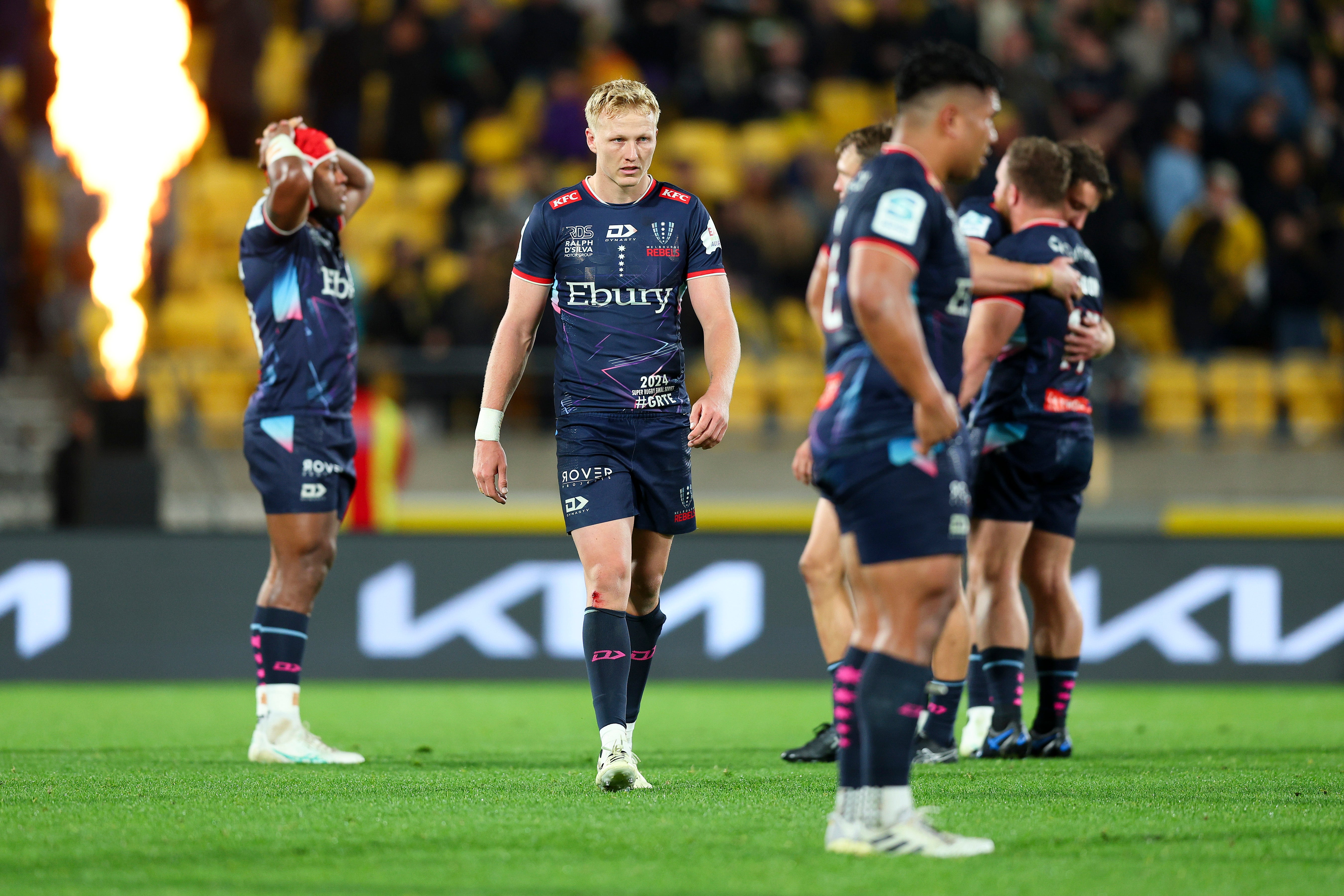
The absence, however, of an elite team in a city which contains nearly 30 professional sports outfits, including nine AFL teams, has cut a development path. Melbourne may not be a foyer of rugby, but the talent has always passed – Rob Valetini has become one of the best in Australia and Sione Tuipulotu, now in Lions Red, should probably do it too.
“I played with Sione roughly through all my notes growing up,” said Valetini, born in Melbourne, who was inspired by the Fijian Sevens plays that all the heroes of Australian rugby, explains.
“He was still in class. He was probably the guy you wanted to grow in Melbourne. It was always a goal to play for the rebels and I think he did. I was quite shocked that he had to leave.
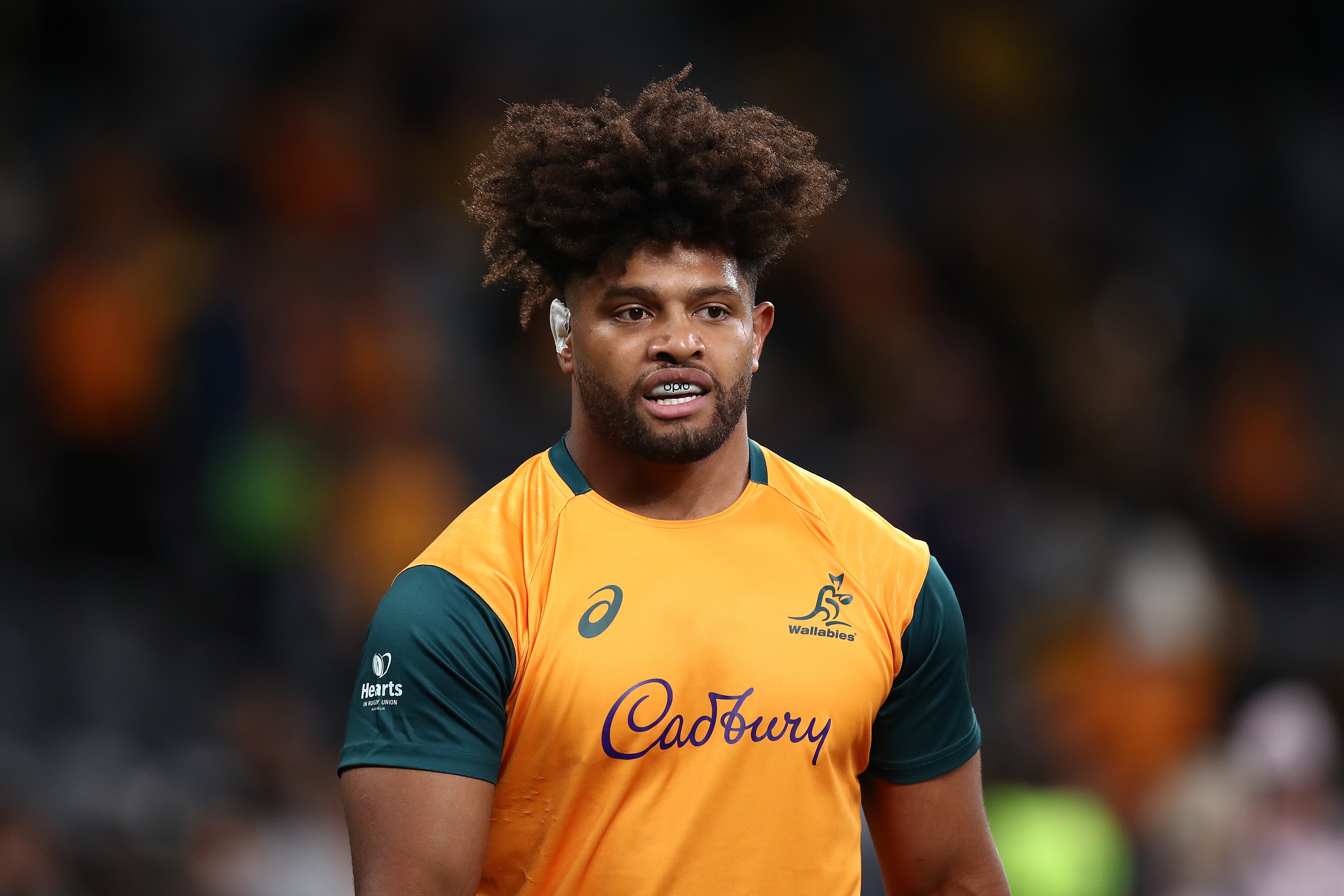
“Rugby is quite low in the ecosystem, but it has never really distracted me from anything. I knew what I wanted to do and I always liked rugby when I was younger. I have always had love for union and that did not distract me from anything. ”
Perhaps, however, the loss of rebels has created an opportunity for the future. The Lions had to face the super rugby side between the one and two tests during this tour, but their dissolution forced a recovery and the Assembly of First Nations & Pasifika XV this player with such pride and such passion at Marvel Stadium on Tuesday evening. This had been a week to remember for all those involved, because the many communities that have enriched Australian rugby for generations have gathered to celebrate their heritage – with Rob Leota, a former pillar of the rebels and captain, an appropriate test scorer in the last minutes.
If rugby develops in Australia, continue to access a range as wide of populations as possible will surely be the key. “I think of an overview here. I think that for the next generation, for the young children of Pasifika in Australia, this emblem, this emblem, represents them “, Captain Kurtley Beale, born and raised in the country of Dharug, but only the 14th indigenous man to play for Wallabies, emphasizing.
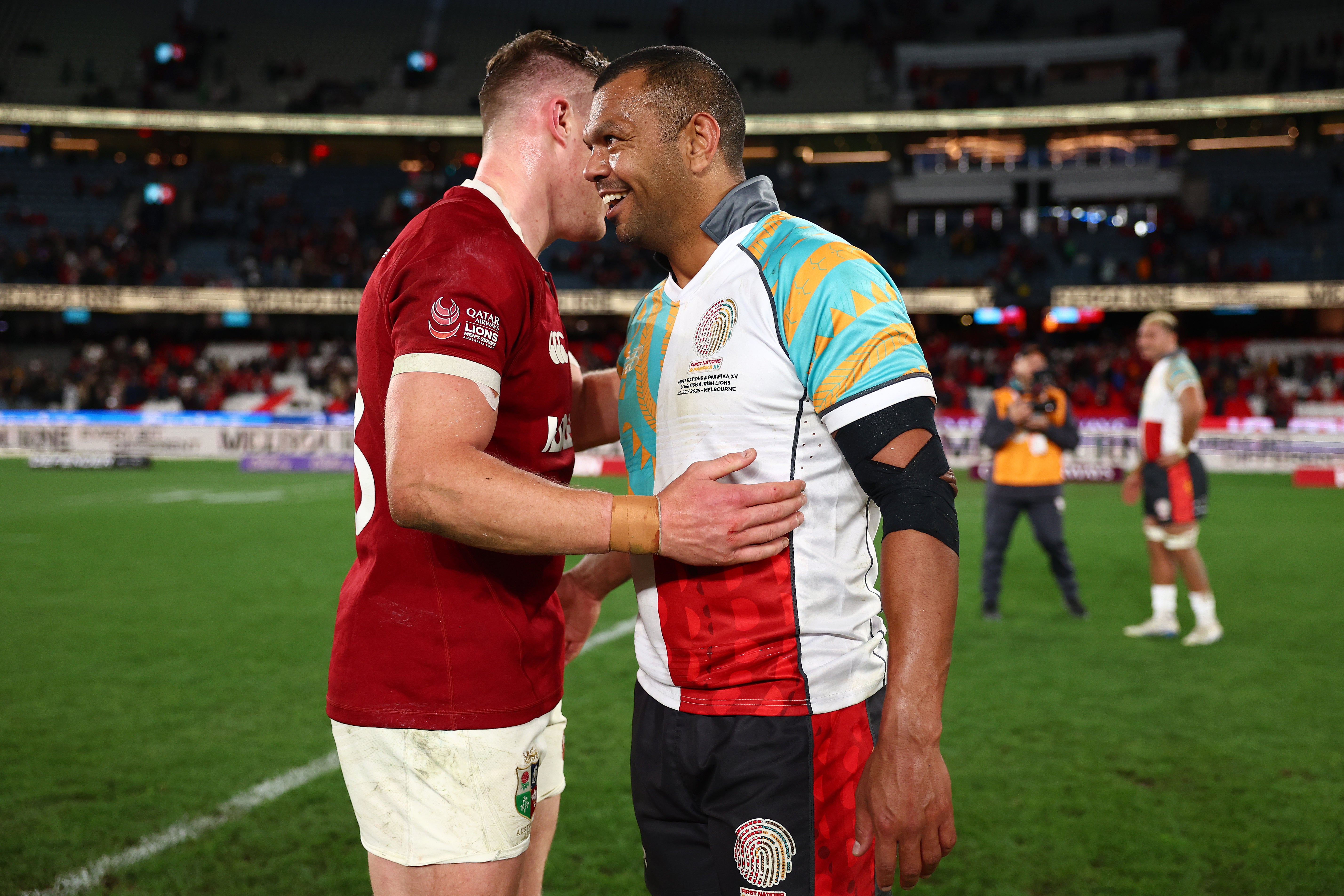
“If you look at the Wallabies now and in the past, there has been a lot of representation of Pasifika and First Nations at this level, and to be able to bring talents and create ways for these children, that’s what it is.
